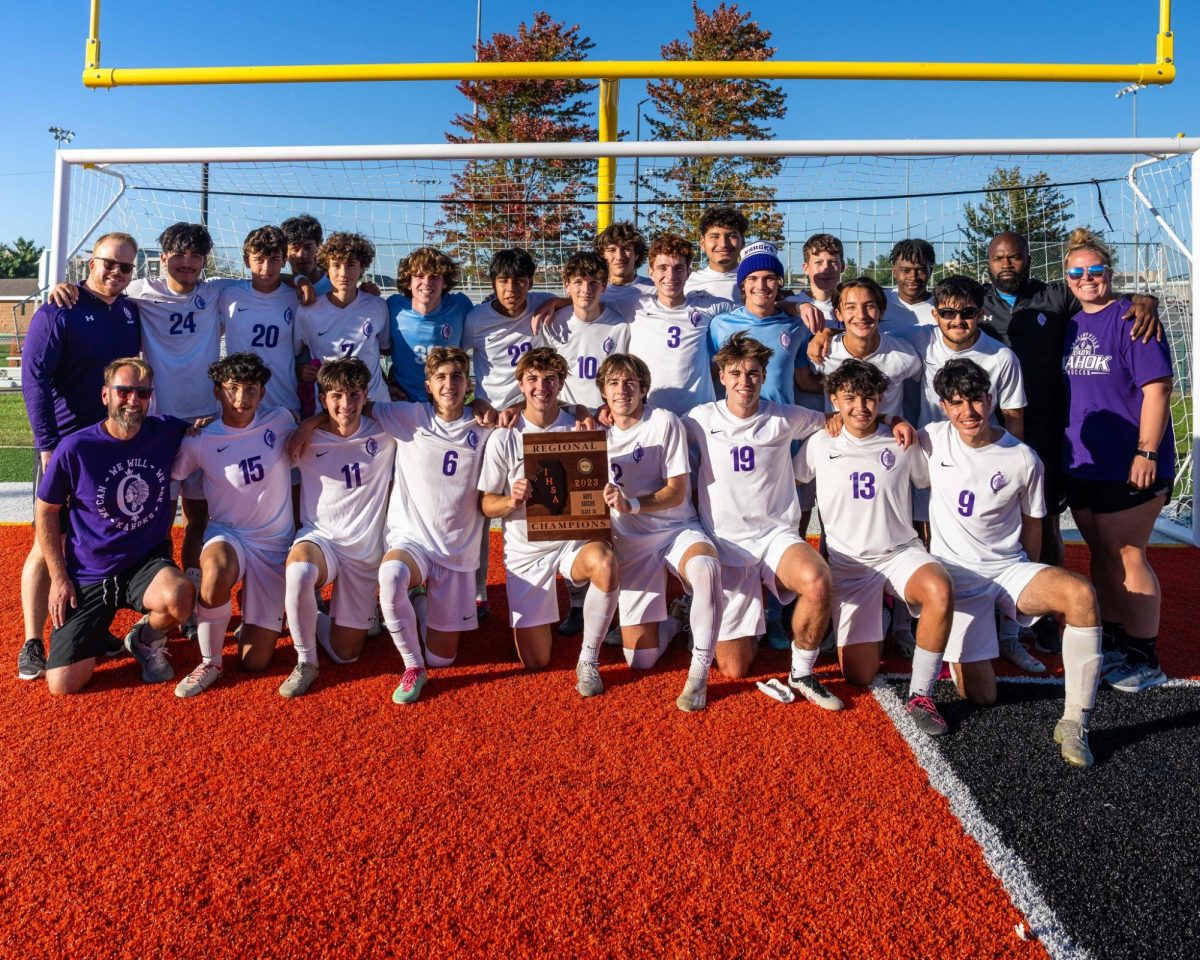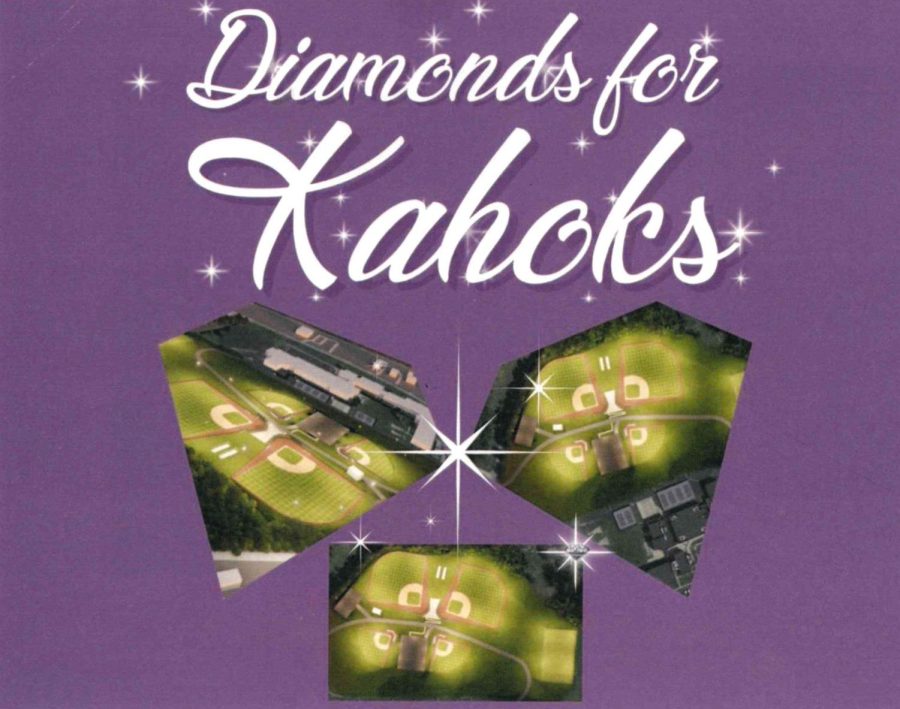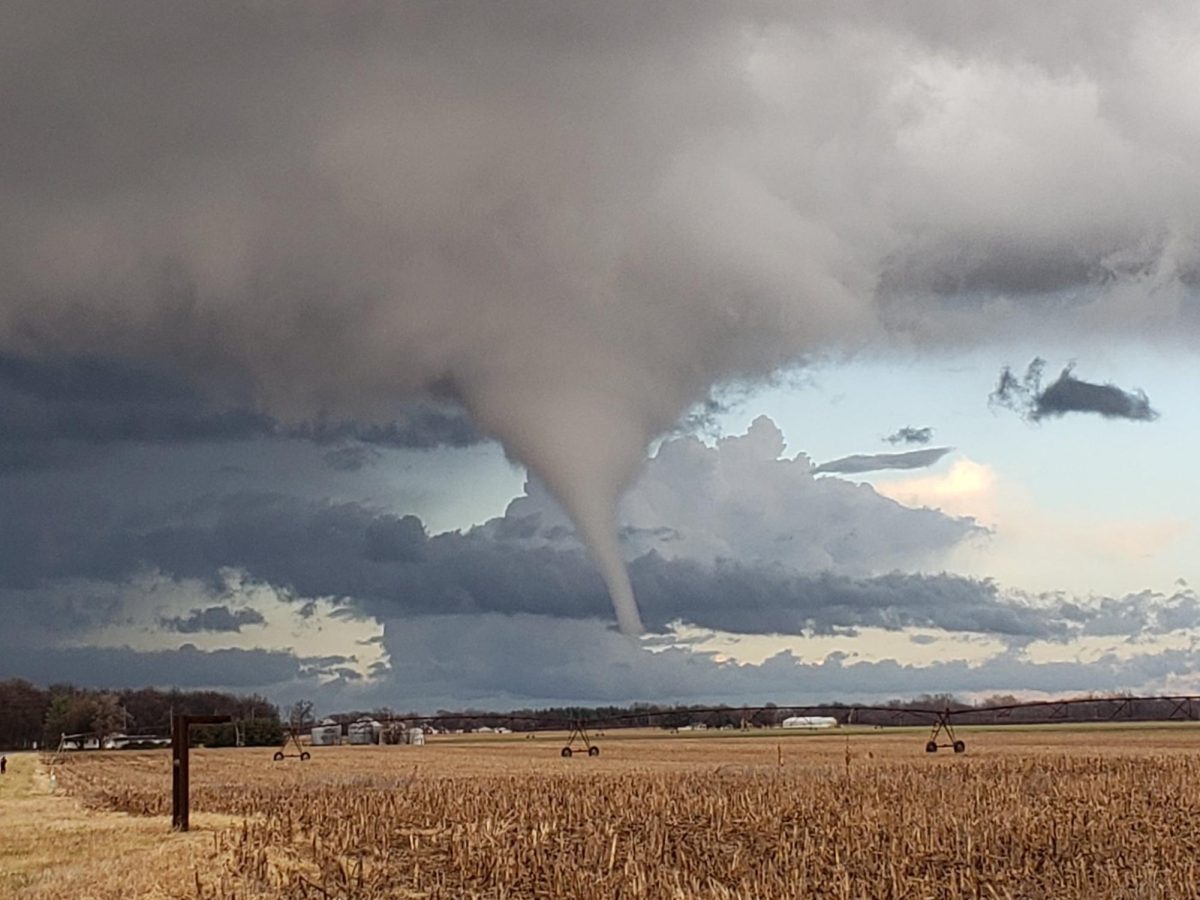Christmas and Holiday traditions around the world
December 21, 2020
Christmas is celebrated so differently around the world. This is because of different religions and culture… some places don’t even celebrate at all. Out of all of the countries in the world, here is how some countries that you may know about celebrate Christmas and other winter holidays.
Germany
Let’s start here, Christmas in Germany is similar to Christmas in the United States in many ways but is still very unique. Christmas day is celebrated on December 25 and is the biggest and most important holiday of the year in Germany and is centered around a big party and family gathering with extended family. They eat a huge meal that consists of roasted goose or even duck. They also have a tradition of a game called “Hide the Pickle,” which is a big German tradition.
India”
Christmas is very small in India compared to other countries, and this is because the number of Christians compared to other religions in India is small. Mumbai is considered to have one of the largest populations of Christians in India. Midnight mass is one of the few very important Christmas traditions especially for the Catholics in India. Followed by mass is a big meal consisting of different delicacies which is followed by the giving and receiving of gifts. The churches are also decorated with poinsettias and candles.
Korea
Christianity is somewhat new to Korea, but around 30% of South Korea is Christian. That being said, the majority of their population is Buddhist. They are the only East Asian country that recognizes Christmas as a national holiday. They don’t normally get an extended winter break for Christmas or get any extra days off of work. Families do put up decorations and usually a tree. They also await gifts from their “Santa” known as Santa Harabujee, who either wears a red or blue suit. In Korea they usually exchange gifts on Christmas Eve. Instead of piles of gifts one gift ,either money or a present, is costmary. Most Koreans celebrate by going out to eat, and most restaurants will be filled up. In Korea Christmas is considered more of a romantic holiday for couples similarly to Valentine’s Day.
Mexico
Similar to the United States, Mexico celebrates Christmas from December 12 to January 6. A very popular tradition is that from January 16 to Christmas Eve children often perform the ‘Posada’, there are a total of nine days of the Posada leading up to Christmas Eve. They do this to celebrate the story of Mary and Joseph trying to find somewhere to stay. For the Posada the children decorate the outside of the house. They get together with their friends and sing at all of the houses. The song that they sing is about Mary and Joseph asking for a room and being told there is no space, eventually the children are told that there is room and invited in. They say their prayers, have food, games, and even fireworks. Each night they do this at a different house. Nativity scenes are also very popular in Mexico, with some even being life-size! On Christmas Eve they normally take part in the last Posada, and then take the rest of the day as a family day and have a Christmas Eve meal at night.
Africa
In Africa Christmas is used to celebrate the birth of the African God Ra, so when they decorate they are Celebrating ancient times when Ra’s Birthday was celebrated. Christmas is also considered the celebration of the winter solstice. They follow the Julian calendar so they celebrate Christmas on January 7. Senegal even celebrates Christmas even though they are Muslim by decorating mosques with Christmas trees. The biggest tradition among African culture is going to church to celebrate Christmas. It consists of dance performances, carols, and a nativity play. In some areas they receive gifts and churches are even able to organize parades. While it is not a religious day they also celebrate Kwanzaa in Africa. It is a seven day festival that lasts from December 26 to January 1 and celebrates African and African-American culture. There is a communal feast normally held on the 6th day of the festivities, first began celebrating this holiday in 1966.






















